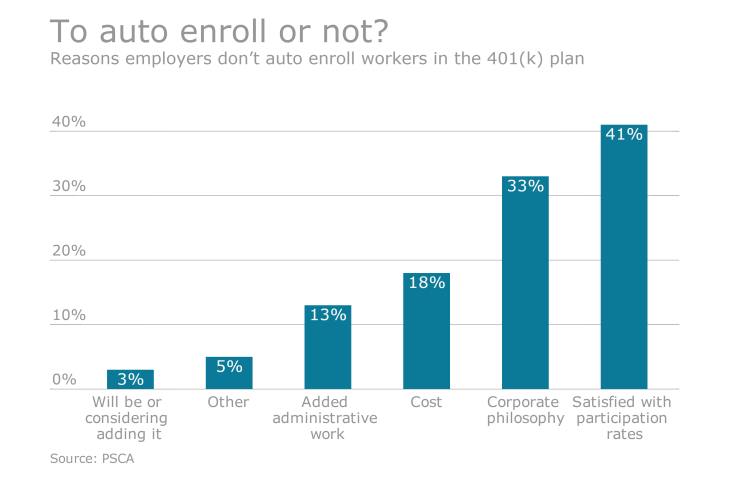For more than a year now, we have been working with the research team at the Employee Benefit Research Institute, Dr. Ricki Ingalls of Texas State University and Boston Research Technologies to develop the

In the course of our work on the APS, one of the nation’s top record-keepers asked us to expand the scope of the simulation to include a broader view of the mobile workforce, in this case to model all accounts with less than $15,000 at the time of their holders’ job-changes. In doing so, we uncovered rather astounding data regarding the size and extent of what we refer to as “the small account challenge.”
The small account challenge
Examining the segment that included all accounts with less than $15,000, EBRI supplied the following inputs to the APS:
· 47% of all participants have less than $15,000 in their account at the time of their job-change.
· The median account balance for the segment is $4,642.
· The rate of job change is 25%; said another way, accountholders with less than $15,000 change jobs approximately every four years.
Utilizing leakage reports provided by several large record-keepers, we then determined the “fast leakage” rate (cash-outs that occur immediately upon job-change) for this segment, which turned out to be 47%. And based on our research into “slow leakage” for the less-than-$5,000 segment, we estimated that an additional 25% of accounts will cash out in Years 2-7 after their job-change. Taken together,
Constructed around this data, the APS painted a clear, if challenging, picture of the volume of small account job-changers that plan sponsors and record-keepers will be dealing with over the course of the coming generation:
· 248 million participants with small accounts will change jobs, an average of more than 8 million per year, holding aggregate savings of more than $1.1 trillion in nominal/unappreciated dollars.
· More than 48 million small-balance accounts will be stranded — left behind in their holders’ former-employer plans or moved to a safe harbor IRA — holding more than $320 billion in savings. Left unchecked, the current trend will produce more than 125 million cash-outs by future job-changers, amounting to an estimated $595 billion in retirement savings that will be permanently lost to their account owners, meaning they will not be available for consumption in retirement (again in nominal/unappreciated dollars).
But these discouraging outcomes are not a foregone conclusion. When we applied the routine, automated consolidation principles of auto portability to this expanded segment of the mobile workforce, the APS indicated that almost $590 billion of new job-changers’ savings plus existing small-balance stranded accounts could be retained for their retirement years. When we applied annual appreciation of 5% to those savings over the 30 years of the APS scenario, the results ultimately yielded more than $1.3 trillion in new retirement savings for today’s and tomorrow’s small-account savers.
Fix the problem, not the symptom
Boston Research Technologies’
The implication is clear — the emerging tsunami of small accounts is caused by an increasingly mobile workforce, and participants’ proclivity to avoid the difficult work of transferring their retirement savings to their new-employer plan is generating outcomes that seriously harm participants’ retirement readiness.
Think about it: each time a participant cashes out an account, by definition, their starting balance at their new-employer plan is $0. When they change jobs the next time, the odds are that they will have yet another account balance of less than $15,000, and their decision to cash out seems likely to repeat itself. If the core problem is addressed — by taking the friction out of the transaction, retaining their savings and automating their movement forward to a new-employer plan—then plan sponsors and record-keepers could clearly anticipate a change in the size and scope of the small account challenge.
The core innovations underlying auto-portability — electronic record-matching and automated account transfers — don’t distinguish between a $1,600 account balance and a $4,600 account balance. As the evidence from the research behind the extended APS indicates, auto-portability’s benefits can be delivered to a broad segment of the mobile workforce, relieve plan sponsors and record-keepers of the challenges presented by small accounts, and improve the retirement readiness of tens of millions of Americans.
Spencer Williams is President and CEO of





